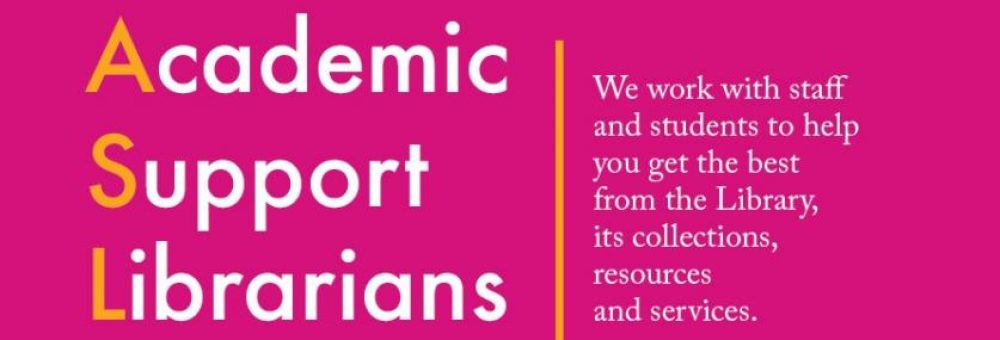It’s officially the summer vacation period at the University and our libraries remain open for business. So whether you are planning on using Library resources, facilities or services during this time or if you will be away from Edinburgh for the summer and want to forget about University as much as possible, here are five important things to remember about the Library over the summer period.

1) The Main Library and all 9 site libraries remain open throughout the summer vacation period.
Opening hours and staffed hours will be reduced in many libraries so check the opening hours website before you visit and follow the Library on social media for any updates – Instagram, Twitter/X, Facebook.
The Main Library will continue to be open 24/7 throughout the summer but EdHelp staffed hours will be slightly reduced between Friday 7 June and Friday 6 September 2024. Continue reading


 Main Library
Main Library



 Noreen and Kenneth Murray Library
Noreen and Kenneth Murray Library







